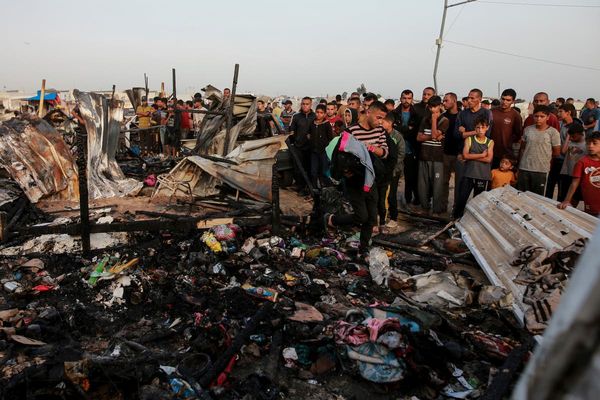
New Delhi – Fake videos of trusted aides of Indian Prime Minister Narendra Modi have disrupted campaigning in the country's mammoth elections, in which almost a billion people are voting.
Authorities are examining a deepfake of Home Minister Amit Shah, second-in-command in Modi’s BJP government, which is hoping for a third term in office.
Nine people including opposition Congress members have been detained. But experts say that only specific laws can effectively control evolving technologies like Artificial Intelligence (AI).
India’s seven-phase election is rife with complaints of manufactured content bombarding parties and candidates in some of the 543 constituencies where voting has been underway since 19 April.
High-profile complaints
AI videos and voice clips featuring Yogi Adityanath, BJP Chief Minister of Uttar Pradesh, Modi and opposition icon Rahul Gandhi have been viewed by millions despite complaints filed by high-profile victims.
Additional deepfakes of Bollywood star Aamir Khan and Ranbir Kapoor criticising Modi and a picture of actor Ranveer Singh endorsing a political party have prompted calls to thwart attempts to influence India’s 969 million voters.
Eleven civil society groups said in a letter last month to India’s Election Commission that they must introduce measures to increase accountability of political actors who deploy AI.
They asked the watchdog to uphold the integrity of the electoral process and hold political parties, candidates and digital platforms accountable to voters.
Last week Modi, the BJP’s star campaigner, charged Congress with spearheading an AI-led drive to detect disinformation in India – where four more rounds of voting will be held until results are released on 4 June.
“The opposition can never win elections on fake videos. They have lost their nerve and so they have to lie about everything. Their sole intention is to incite the people,” Modi told Times Now television.
He said that for months that he has been calling for AI content to be water-marked.
The Congress party hit back. They accused the BJP of using the police to target social media professionals, volunteers and writers who run the opposition's online campaign.
“This action is nothing but cowardice and shows the BJP is facing a rout in these elections,” said spokeswoman Supriya Srinate.
She accused the ruling party of running the world’s biggest fake news factory.
Crackdown
The commission, meanwhile, ordered parties to delete deepfakes from their social media accounts within a three-hour window upon notification.
It also restrained parties from using tools that distort information or spread misinformation”
But experts warned mere calls for restraint were not enough to shut down AI-led disinformation in India, where people spend more time on their smartphones than in the rest of the world.
“We need a legal framework to tackle infringement of privacy laws and not lip service,” an anonymous lawyer said referring to the Artificial Intelligence Act adopted by the European Parliament in March and the Online Safety Act, which became a British law last October.
Political parties look at WhatsApp as the quickest platform to reach 400 million users in India, where 760 million people log into the internet at least once a month.
Several million also have accounts with Facebook, Messenger, Telegram and Signal while parties spend millions of euros on advertisements despite limits on election expenditure.
McAfee survey
US-based McAfee Software Corp in a survey published 25 April said that 75 percent of interviewed Indians stumbled on content they later discovered to be deepfakes.
Some 57 percent found a fake video or recording they thought was genuine, 31 percent lost money to an online scam and 40 percent of the respondents believed their voice was cloned and used to trick someone they know to part with information or cash.
McAfee added that 80 percent of those surveyed in January and February appeared more concerned about deepfakes than they were in 2023.







